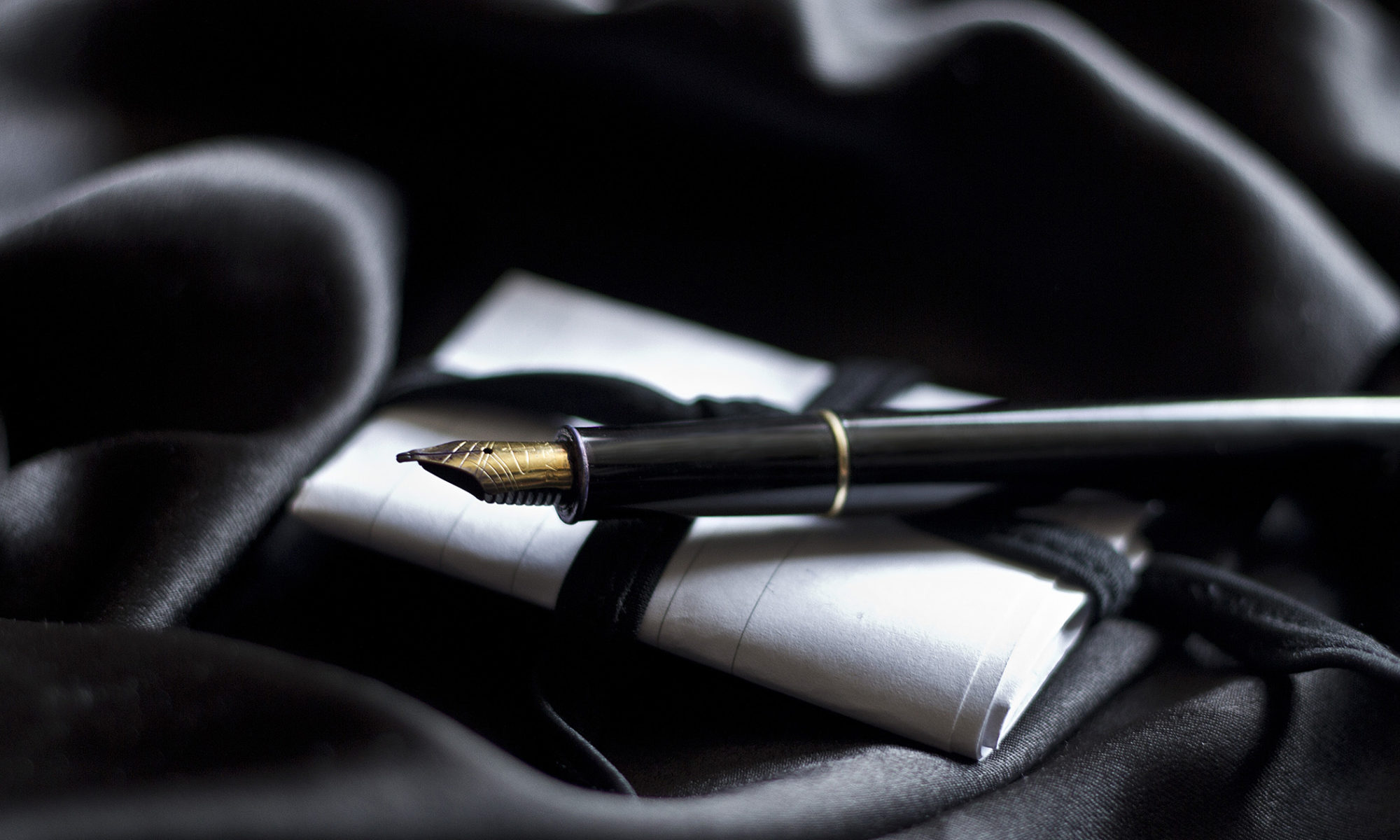If someone had told me last year that I would be diagnosed with autism in a year’s time, I probably would’ve laughed at them and walked away – and I’m sure many of my friends and teachers would’ve done the same. So, a big question many people ask about getting a diagnosis as a 15-year-old female is, how did it affect my relationships?
This is an answer that has to be broken down into segments. First is family. Unfortunately for them, my family got the short end of the straw when in came to my autism. One of the tell-tale signs about my diagnosis was that I wore a ‘mask’ at social functions, such as school. Not the mask that most people wear, but the mask where I became a chameleon towards the people I was around. I could be boisterous and loud or quite and polite when that’s what was required of me. I matched other people’s energy to try to ‘blend in’ and be liked. At home, this act came apart as I was exhausted from keeping it up all day. This led to me being short-tempered and irritable. I would often get into arguments daily, even if the words I said I didn’t mean, all because I just couldn’t control myself.
Once I got my diagnosis, my family became understanding and realised that I wasn’t being rude and difficult for the sake of it but because they were the people I could trust to love me despite what I looked like. This led to a more positive and calmer family life. Discovering my autism didn’t just help me explain my actions and attitude to them, but also to myself.
How my friendships changed was a different story. Most of my friends also have some sort of diagnosis themselves so autism wasn’t a foreign concept within our group; perhaps there was some sort of unconscious pull that led me to find people similar to me. However, this probably made it harder to tell them, as a lot of them made subjects like this into competitions about who had it worse and I didn’t feel like making my situation any worse. When I did finally tell them, nothing changed, we continued as we usually did, and no one treated me any differently. This kind of attitude was really helpful as I didn’t feel alienated from my group. I felt accepted.
When my parents told the school about my diagnosis, who went on to inform my teachers, a lot of them were surprised as I didn’t show the warning signs that some people stereotype with autism. It made my teachers realise that some of my behaviours (such as fear and reluctance to speak in class) wasn’t because I was trying to be difficult but because I just wasn’t comfortable doing so. My teachers gave me more space and leeway when it came to class activities. Also, the school finally acted on looking into my request for extra time in exams, since I panic which leads to a processing issue when answering exam questions. While this won’t be implemented until sixth form. I wouldn’t have gotten it without my diagnosis.
I don’t regret getting tested. Although I was reluctant and opposed to the idea for a number of years, having the diagnosis has changed my life. I’ve discovered and explained parts of myself that I’d always struggled with while gaining support from my family and school. While the diagnosis came a little late into my life, it’s allowed me to see just how much it’s impacted my life as a whole and allowed me to accept myself that bit more.



Very brave, open and honest. You have a clear understanding of yourself which many adults never have! Well done, Rosie.